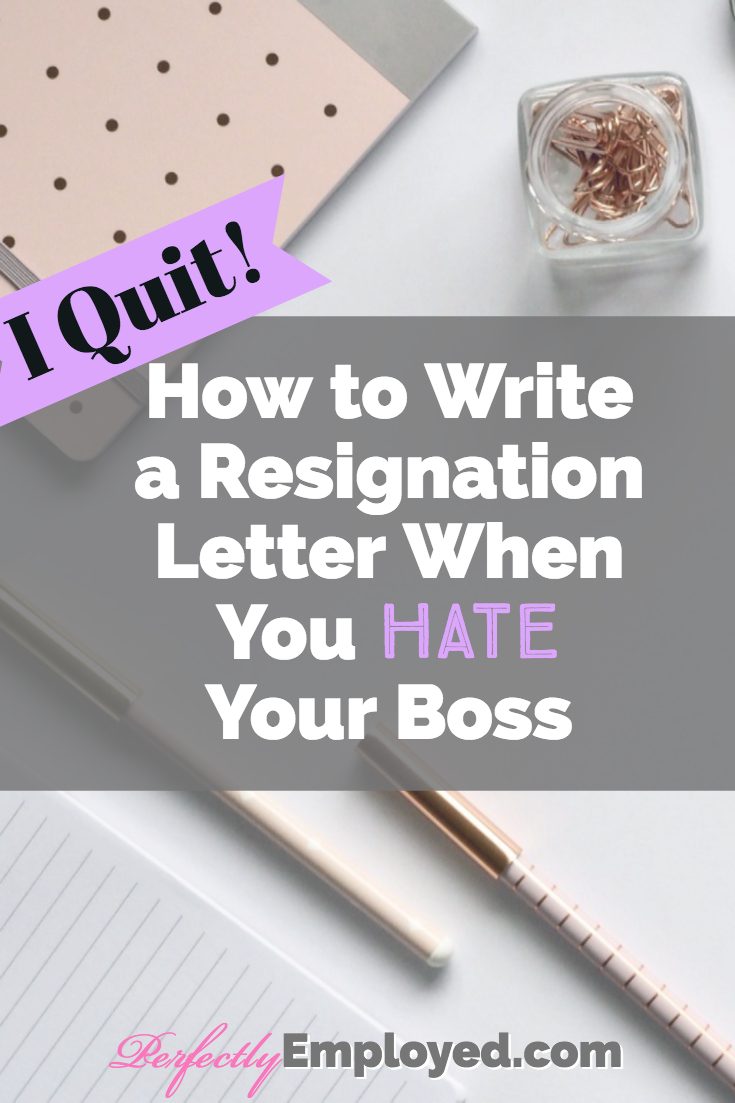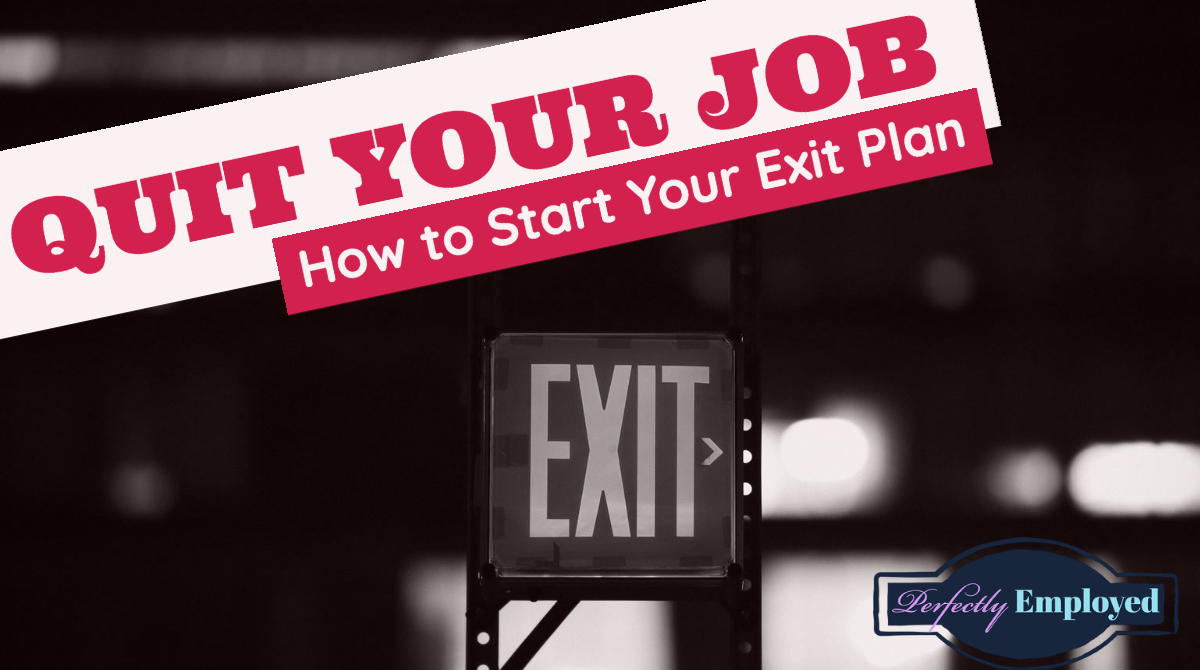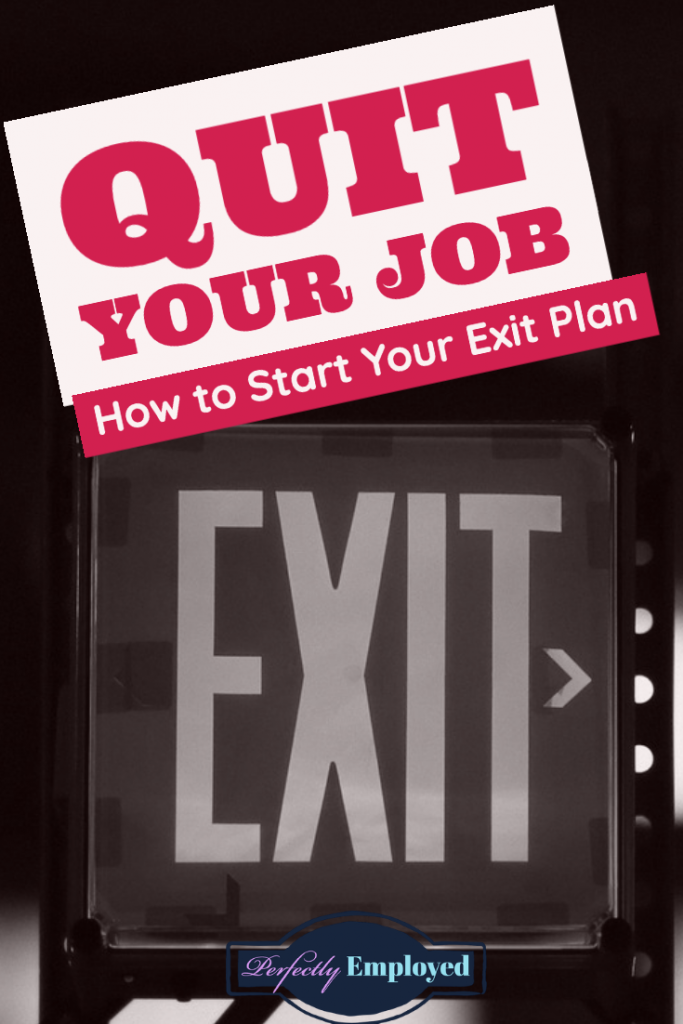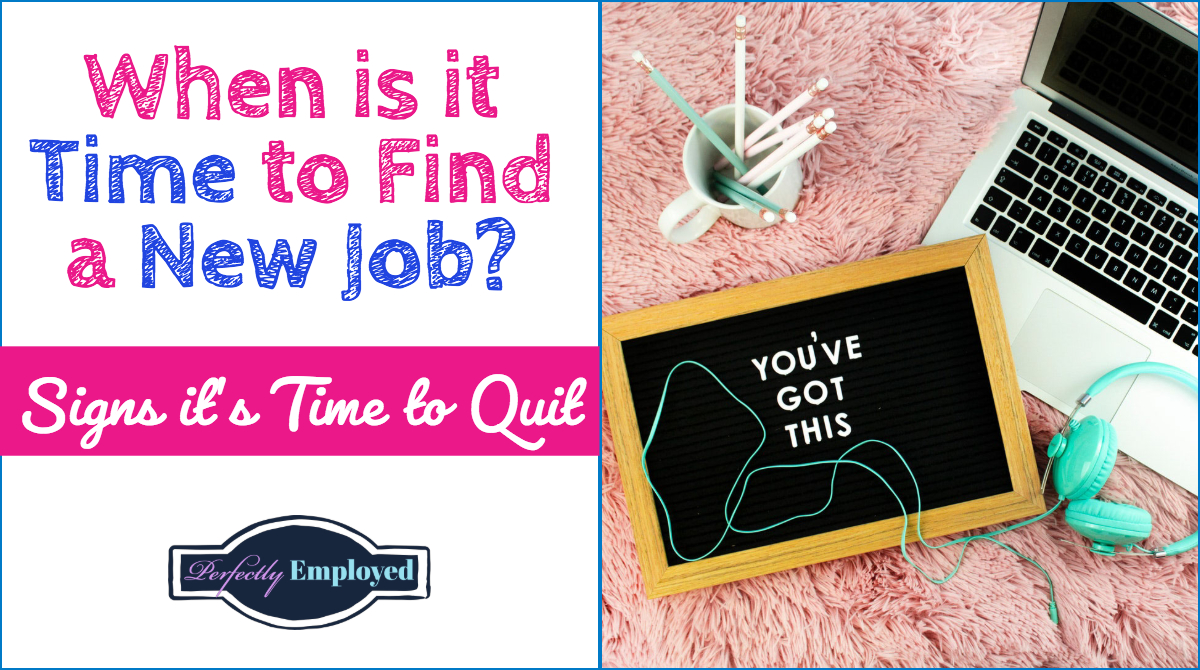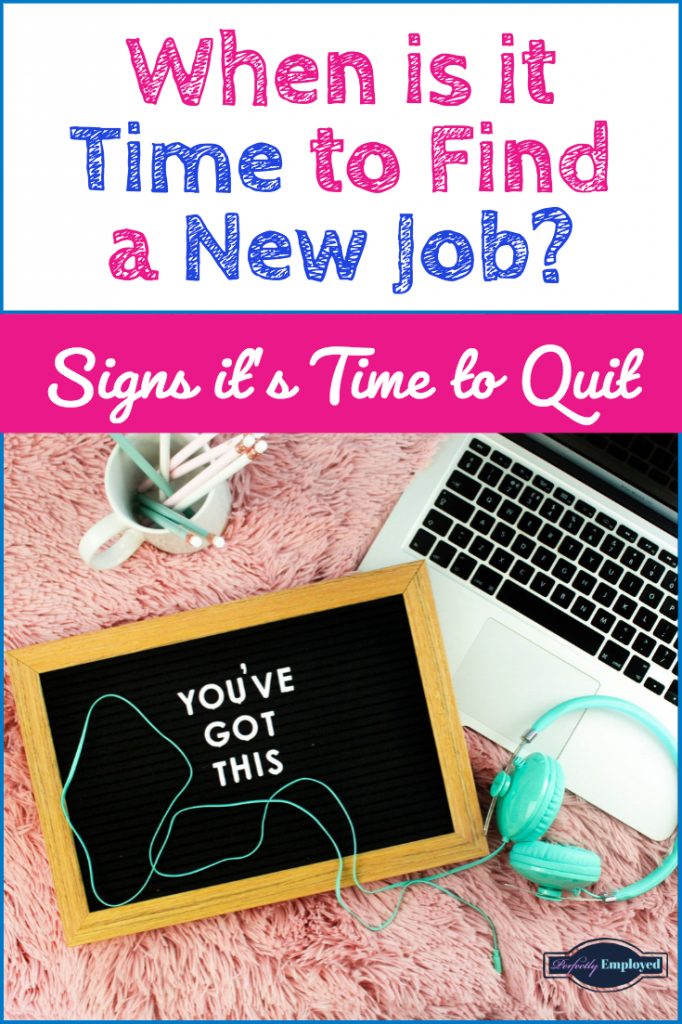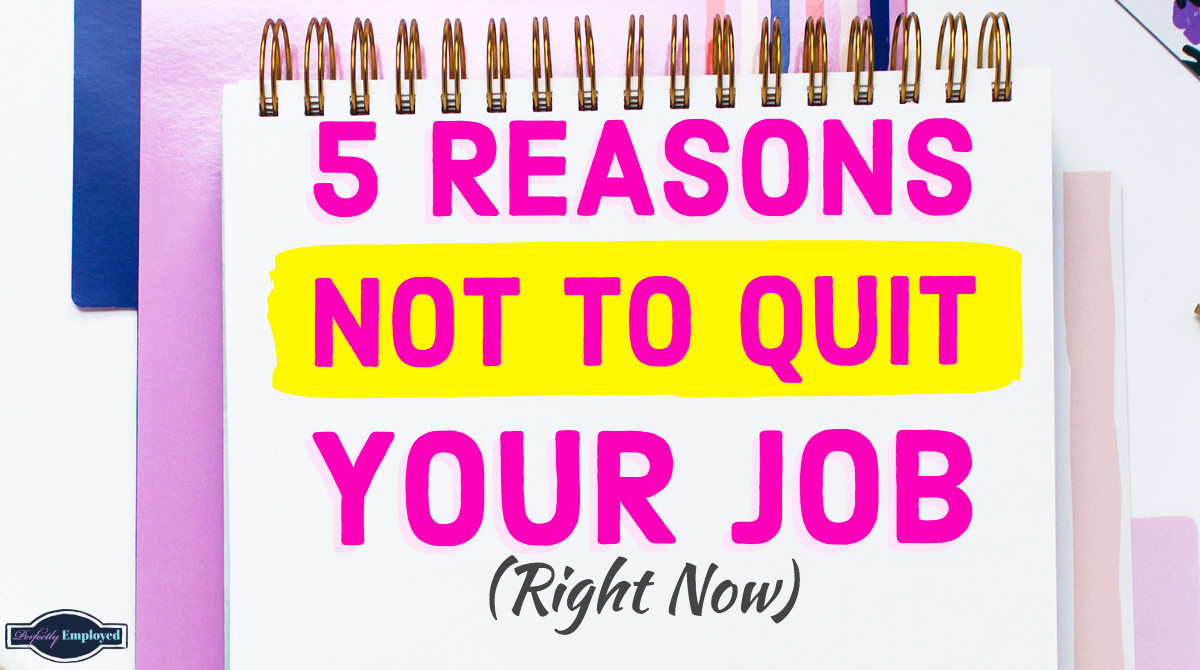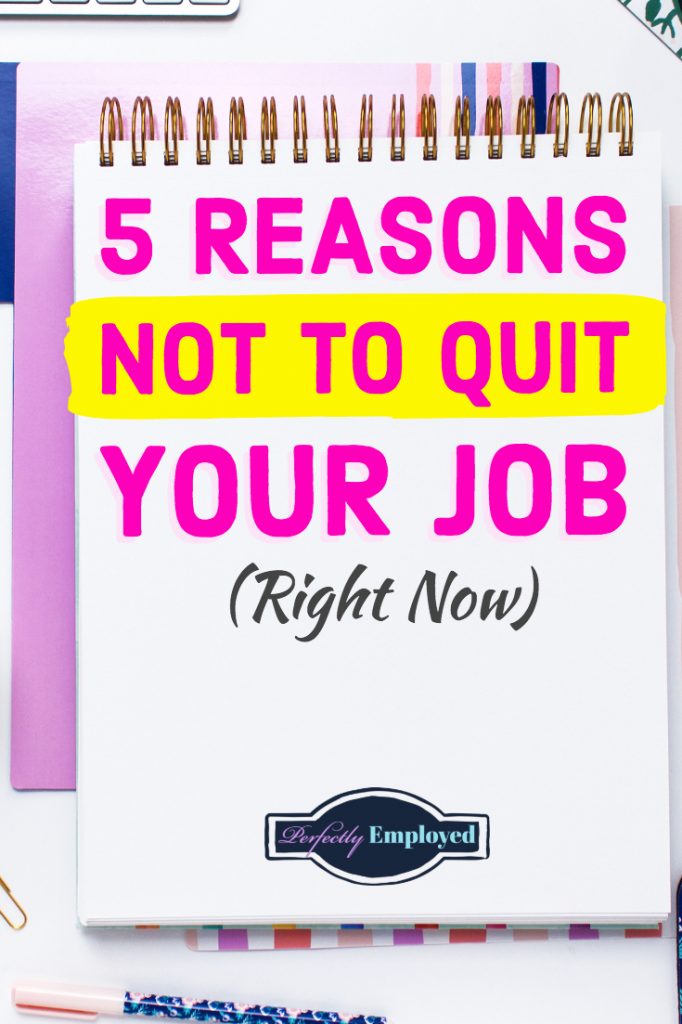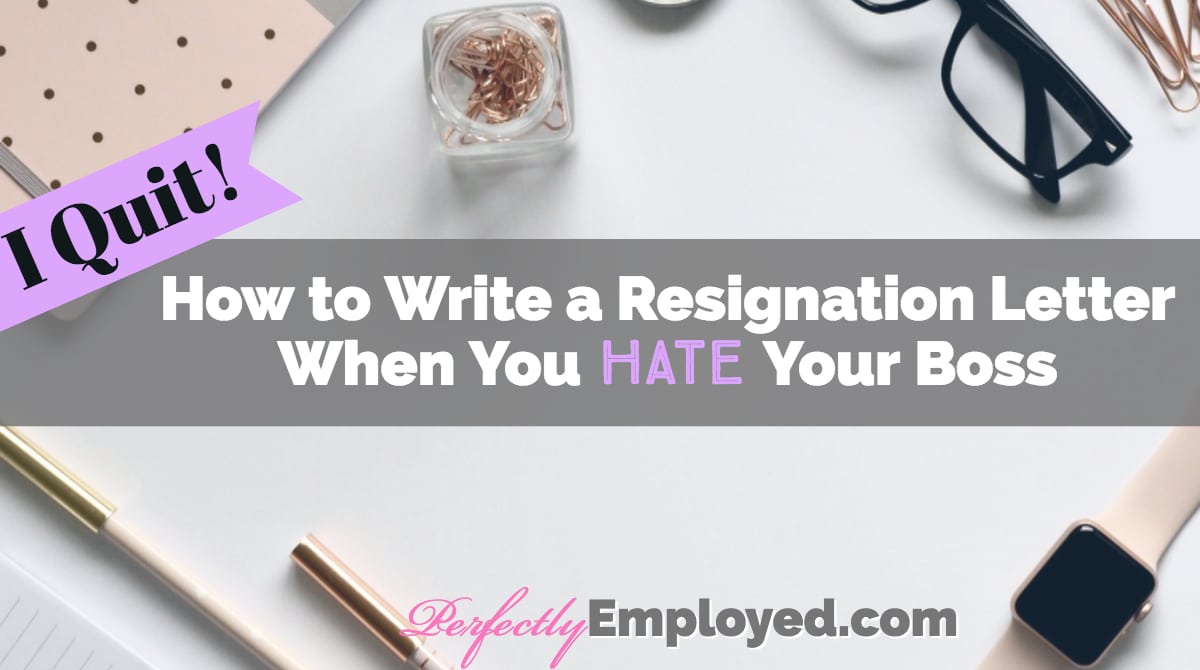We are sorry to hear that you’re working in a hostile environment. It’s fantastic that you have enough savings to leave your vile workplace, and we applaud your efforts!
It’s tricky to write a professional-sounding resignation letter that reflects your best self when all you really want to do is tell your boss to take this job and shove it. However, you have to leave on a high note. It’s not only the right thing to do, it’s the right thing for your career, too.
Related: 5 Things to Do when Your Boss Hates You
You see, you never know who is going to be in the position to help you land your dream job. The incompetent coworker in the cubicle next door could go on to a job somewhere fantastic and may be able to make an introduction or recommendation for you that lands you a job. Future employers will be calling your now-hostile boss for recommendations, and you want him to say good things about you. If you write the “shove it” recommendation letter that your fingers are longing to type, you are hurting your career more than your boss and coworkers.
So, be a mature adult and delay your instant gratification of telling your boss to get bent in favor of your vision of your future career far away from your current workplace in the inner circle of Dante’s Inferno. It stinks now, but you’ll thank us later.
Instead, write a short-but-sweet letter that says “see ya” in a polite, professional manner. Here’s what to write:
Email or Paper Letter?
In most cases, you should write an old school, paper letter in your favorite word processing software (Word, Google Docs, Pages). There are a few exceptions to this rule, though. For example, if you work from home, and never physically interact with your boss, an email is probably fine. If you work for a tech company, an email is likely expected.
If you work in an office where your boss is two cubicles down from you, a physical letter is more appropriate. If you work in healthcare, for the government, or at a university, go with a paper letter. If you work for a small, family-owned business, definitely choose a paper letter.
The most professional way to handle your resignation is to call your boss and let him or her know you’re resigning before you submit your letter. You could also set a meeting with your boss, let him know you’re resigning and hand him the letter there. Either way, it’s important to remember that your boss is human, and will respect your courage in confronting your resignation rather than simply hiding behind your letter. It’s a tough conversation, but if you can gather the bravery to have it, you should.
Address Your Resignation Letter to Your Boss and HR
If you work for a small business, your workplace may not have a full-fledged HR department, but if you work somewhere that does, your resignation letter should be addressed to both your boss and the head of HR.
When an employee leaves, there are many off-boarding tasks that need to happen. You may be eligible for continued health benefits through COBRA. HR may want you to complete an exit interview. Your boss needs to know where you are on all of your projects. You have to turn in keys. Your emails have to be forwarded to a coworker or your boss. IT will disable your computer access. Most of these tasks occur or at least originate with HR.
If sending a resignation email, your boss’ address belongs on the “to” line, and HR’s address belongs on the CC line. Your subject line should be something like “Resignation, Effective (date goes here).”
If sending a paper letter, you will need to make two copies: One for your boss, and another for HR. In both cases, your letter should start with a greeting like: “Dear Mr. Boss, and All It Concerns,” or, if you know the HR representative well, you can use a greeting like, “Dear Mr. Boss and Ms. HR Rep.” Of course, be sure to use their real names and not “Mr. Boss.”
Express Your Sadness that You’re Leaving
Even though you aren’t sad to start your new life away from this horrible company, you are probably disappointed that the job didn’t work out to be better than it was. The first sentence of your resignation letter should tell your boss that you’re leaving, and it’s regrettable. Here’s a few examples:
It is with a heavy heart that I submit my resignation for my position as marketing coordinator.
Sadly, I am resigning my position as desk jockey, effective March 5, 2019.
Unfortunately, I have decided to resign my position as dog trainer here at Canines ‘R Us.
Tell Your Boss When your Last Day will Be
In our second first-sentence example above, you’ll notice that we added the effective date of the resignation. You can either add this date to your first sentence, or add it just after.
Two-weeks’ notice is customary, but some management positions require a bit more. Your employee manual will tell you, or you can ask your HR representative.
Clearly state your last day. Try something like, “My last day will be August 5, 2018,” or “Please consider this my two-week’s notice, which makes my last day August 15, 2018.”
End with Gratitude
Even if you absolutely hate the place you’re leaving and everyone in it, grit your teeth and say “thank you for the opportunity.” Gratitude is good for the soul, and it’s good for your professional reputation, too. Sure, everyone remembers the guy who flipped off his boss and lit his trash can on fire on his last day, but no one hires that guy later. Don’t be that guy.
Here are a few examples you can copy/paste into your resignation letter that show gratitude, but don’t lie about the dismal nature of the workplace:
Thank you for the opportunity to work with you the past two years. I have learned a lot, and I believe this experience will aid me throughout my career.
I appreciate the opportunity to work and learn at this company, and I am grateful for the experience I’ve earned here.
Example Resignation Letter
Dear Mr. Warner and All it Concerns,
Sadly, I am resigning my position as Head Sales Associate. Please consider this my two-weeks’ notice, which makes my last working day April 25, 2018.
I appreciate the opportunities you’ve given me at Bulldozers Inc., and I am grateful for the experience I’ve gained here.
Thank you,
Grace Smith
Related Posts that May Help You:
Final Notes on Resignations
Be sure to gather your references before your last day. Add your coworkers (at least the not-so-vile ones) to your LinkedIN account, and send a “nice knowing you” email on your last day with your contact information. You never know who might be the key to find your next great job.
Best of Luck,
HR
P.S. If you’re struggling with your career, try looking looking here for inspiration: 100 Best Personal Growth Books
